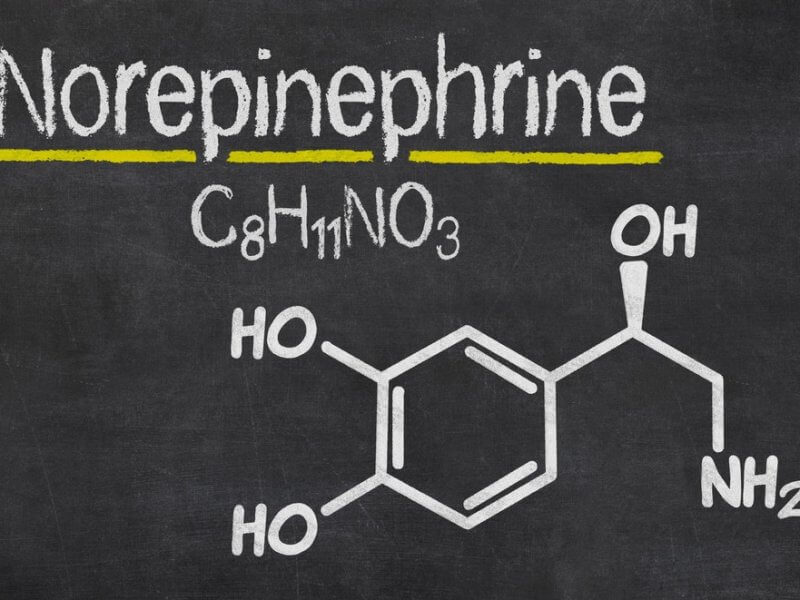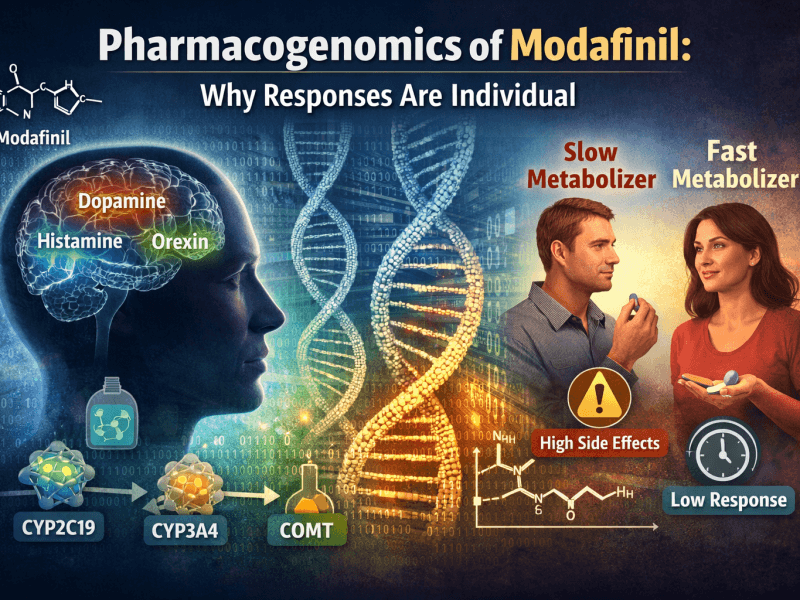Last Updated on 10/09/2025 by James Anderson
Attention Deficit Hyperactivity Disorder (ADHD) affects millions worldwide, prompting a need for effective treatments. While medications like stimulants are commonly prescribed, there has been growing interest in alternative options such as Modafinil. Despite its potential cognitive-enhancing benefits, Modafinil is not approved for ADHD treatment.
1. Limited Evidence Supporting Efficacy for ADHD
Unlike traditional ADHD medications, such as methylphenidate and amphetamines, Modafinil lacks extensive clinical trial data that conclusively demonstrates its effectiveness in managing ADHD symptoms. Although preliminary studies suggest some benefit, these findings are insufficient to support widespread approval for this use.
2. Insufficient Long-Term Safety Data
One significant factor in drug approval is the availability of long-term safety studies. For Modafinil, long-term data specific to ADHD patients is scarce. Concerns about potential adverse effects with prolonged use, particularly in younger populations, further complicate its approval.
Off-Label Use Does Not Meet Regulatory Standards
Modafinil is often used off-label for ADHD due to its wakefulness-promoting properties. However, off-label use does not undergo the rigorous testing required by regulatory bodies like the FDA to ensure both efficacy and safety for specific conditions like ADHD.
Risk of Dependency and Abuse
Although Modafinil is considered to have a lower risk of dependency than traditional stimulants, it is not entirely risk free. Cases of misuse and psychological dependence have been reported, especially among individuals seeking cognitive enhancement. This potential for abuse raises red flags for its approval as an ADHD medication.
Limited Pediatric Research
ADHD primarily affects children and adolescents, yet Modafinil effects on this population are poorly understood. Most existing research focuses on adults, making it challenging to predict how children might respond to the medication or whether it could have developmental impacts.
Concerns Over Off-Label Trends
Modafinil popularity as a cognitive enhancer has fueled widespread off-label use, leading to concerns among regulators. The unregulated nature of off-label trends complicates efforts to monitor adverse events, making approval for ADHD an even more cautious consideration.
High Cost Compared to Approved Alternatives
Modafinil is significantly more expensive than many approved ADHD medications. The cost benefit analysis does not favor Modafinil, particularly when there are cheaper, well studied, and effective treatments available for managing ADHD symptoms.
Mechanism of Action Differences
The exact mechanism by which Modafinil works is not fully understood, although it is believed to influence dopamine pathways. Traditional ADHD medications have a clearer mechanism of action that directly targets the core symptoms of ADHD. This difference creates hesitation in approving Modafinil for the condition.
Regulatory Stringency for Neurodevelopmental Disorders
The treatment of neurodevelopmental disorders like ADHD requires a high standard of evidence due to their complexity and long-term implications. Modafinil has not met these stringent criteria, further justifying its exclusion from ADHD approved treatments.
Better Alternatives Are Already Available
Numerous ADHD treatments are already approved and backed by decades of research. From stimulant options like Adderall to non-stimulant choices like atomoxetine, these medications offer proven efficacy and safety profiles. As such, Modafinil struggles to compete with these established therapies.
Conclusion
While Modafinil presents intriguing possibilities for managing ADHD symptoms, its lack of comprehensive research, safety concerns, and the presence of more effective alternatives prevent it from gaining approval for this purpose. For those considering treatment, consulting a healthcare professional to explore existing, well-validated options remains essential.
‼️ Disclaimer: The information provided in this article about modafinil is intended for informational purposes only and is not a substitute for professional medical consultation or recommendations. The author of the article are not responsible for any errors, omissions, or actions based on the information provided.
References:
- “Modafinil Monograph for Professionals”. Drugs.com. American Society of Health-System Pharmacists. 2023
- Attention-Deficit/Hyperactivity Disorder. nimh.nih.gov . 2024
- FDA Website. fda.gov . 2025
- US National Library of Medicine. 2023
- Willavize, S. A., Nichols, A. I., & Lee, J. Population pharmacokinetic modeling of armodafinil and its major metabolites. https://doi.org/10.1002/jcph.800 . 2016
- Fuxe K, et al. Modafinil enhances the increase of extracellular serotonin levels induced by the antidepressant drugs fluoxetine and imipramine: a dual probe microdialysis study in awake rat. Synapse. 2005
- Wirz, S., Nadstawek, J., Kühn, K. U., Vater, S., Junker, U., & Wartenberg, H. C. Modafinil zur Behandlung der Tumorfatigue: Eine Interventionsstudie [Modafinil for the treatment of cancer-related fatigue: An intervention study]. https://doi.org/10.1007/s00482-010-0987-y . 2010
- Woo, J., & Verduzco-Gutierrez, M. Traumatic brain injury: An overview of epidemiology, pathophysiology, and medical management. Medical Clinics of North America. https://doi.org/10.1016/j.mcna.2019.11.001 . 2020
- Oliva Ramirez A, Keenan A, Kalau O, Worthington E, Cohen L, Singh S. Prevalence and burden of multiple sclerosis-related fatigue: a systematic literature review. https://doi.org/10.1186/s12883-021-02396-1 . 2021.
- Ciancio A, Moretti MC, Natale A, Rodolico A, Signorelli MS, Petralia A. Personality Traits and Fatigue in Multiple Sclerosis: A Narrative Review. Journal of Clinical Medicine. https://doi.org/10.3390/jcm12134518 . 2023
- Mereu, M., Bonci, A., Newman, A. H., & Tanda, G. The neurobiology of modafinil as an enhancer of cognitive performance and a potential treatment for substance use disorders. https://doi.org/10.1007/s00213-013-3232-4 . 2013


